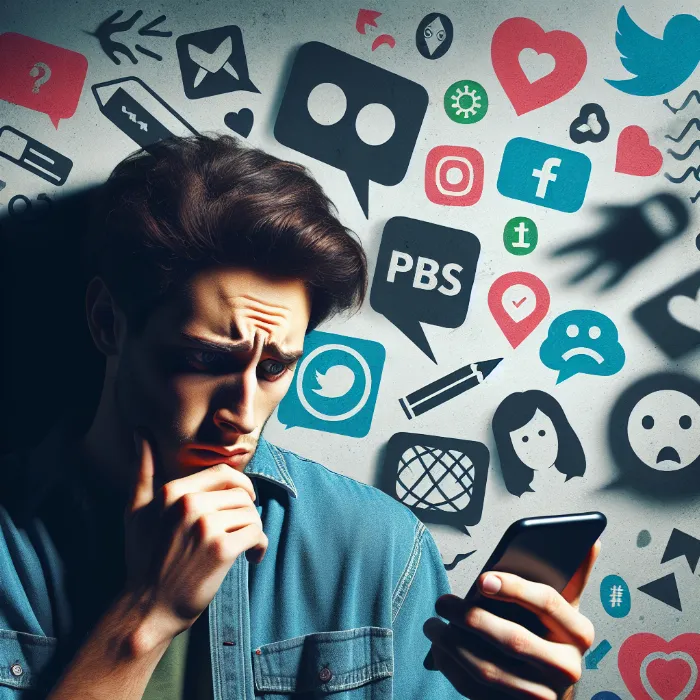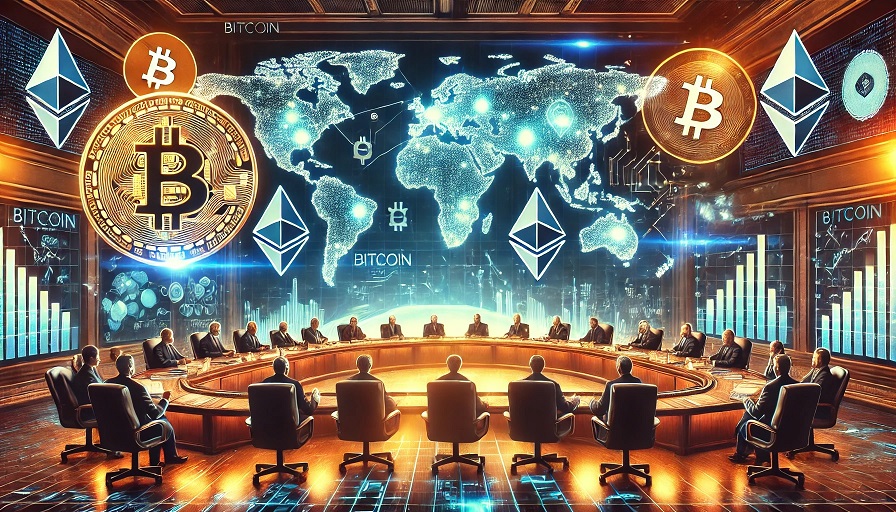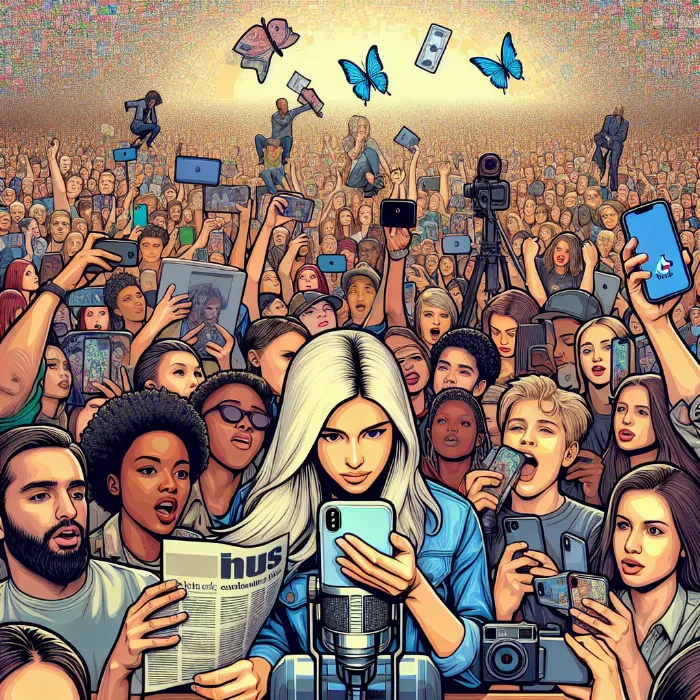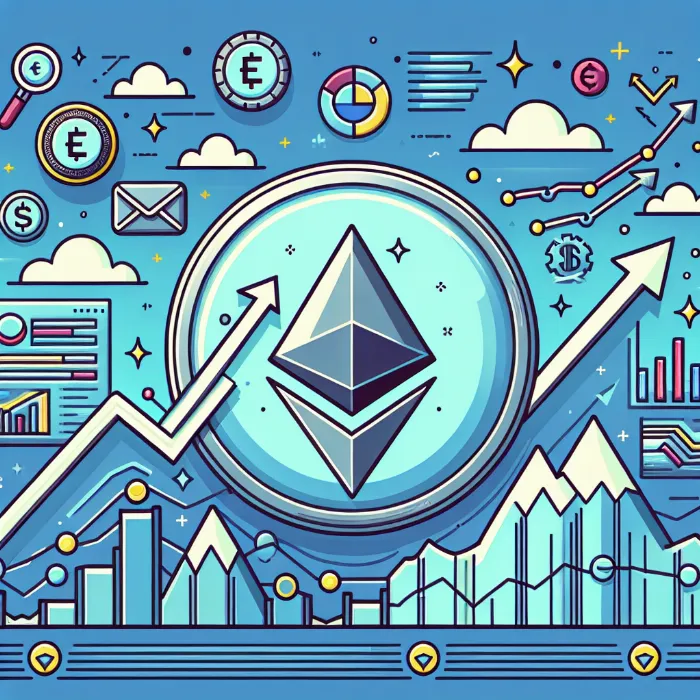Explore the correlation between social media usage and increased anxiety levels among young adults, shedding light on recent studies and management strategies.
Exploring the Correlation: Social Media's Impact on Young Adults' Mental Health
In recent years, the explosion of social media platforms has transformed how we communicate, interact, and perceive the world around us. With billions of users globally, platforms like Facebook, Instagram, and Twitter are not just tools for socialization but also channels that significantly influence mental health.
Introduction
Social media has become ubiquitous in the lives of young adults, offering both a window to the wider world and a source of considerable stress. This article investigates the recent findings that suggest a strong link between social media usage and increased anxiety levels among this demographic.
The Study
A comprehensive study conducted by researchers at the National Institute of Mental Health has highlighted how excessive engagement with social media can elevate stress and anxiety levels in young adults. Here's what the research uncovered:
- Increased Exposure and Anxiety: Participants who spent more than three hours per day on social media platforms were significantly more likely to report high levels of anxiety symptoms.
- Comparison and Despair: The 'comparison trap', created by curated feeds and highlight reels of others' lives, leads to feelings of inadequacy and depression.
- 24/7 Connectivity: The need to be 'always on' can disrupt sleep, reduce physical activity, and increase feelings of isolation.
Discussion
Dr. Emily Roberts, a renowned psychologist specializing in adolescent mental health, provides insight into these findings, "The constant exposure to idealized versions of life can be overwhelming and emotionally draining for young adults, driving up anxiety and stress levels."
This sentiment is echoed in survey data collected from over 2,000 young adults, which shows a clear correlation between social media usage duration and self-reported anxiety levels. Additionally, case studies from therapy practices illustrate how limiting social media intake can lead to improved mood and reduced anxiety.
Management Strategies
Addressing the issue involves both personal and systemic changes:
- Digital Detox: Encourage regular periods where digital devices are set aside.
- Real-Life Interactions: Promote face-to-face engagements and outdoor activities.
- Mindfulness and Meditation: These practices can help maintain mental balance and reduce anxiety.
Conclusion
The link between social media usage and increased anxiety among young adults is evident and troubling. However, understanding this relationship is only the first step towards creating a healthier digital environment. Both individuals and communities need to work towards fostering healthier interaction patterns on social platforms to mitigate these effects.

















Comments 0